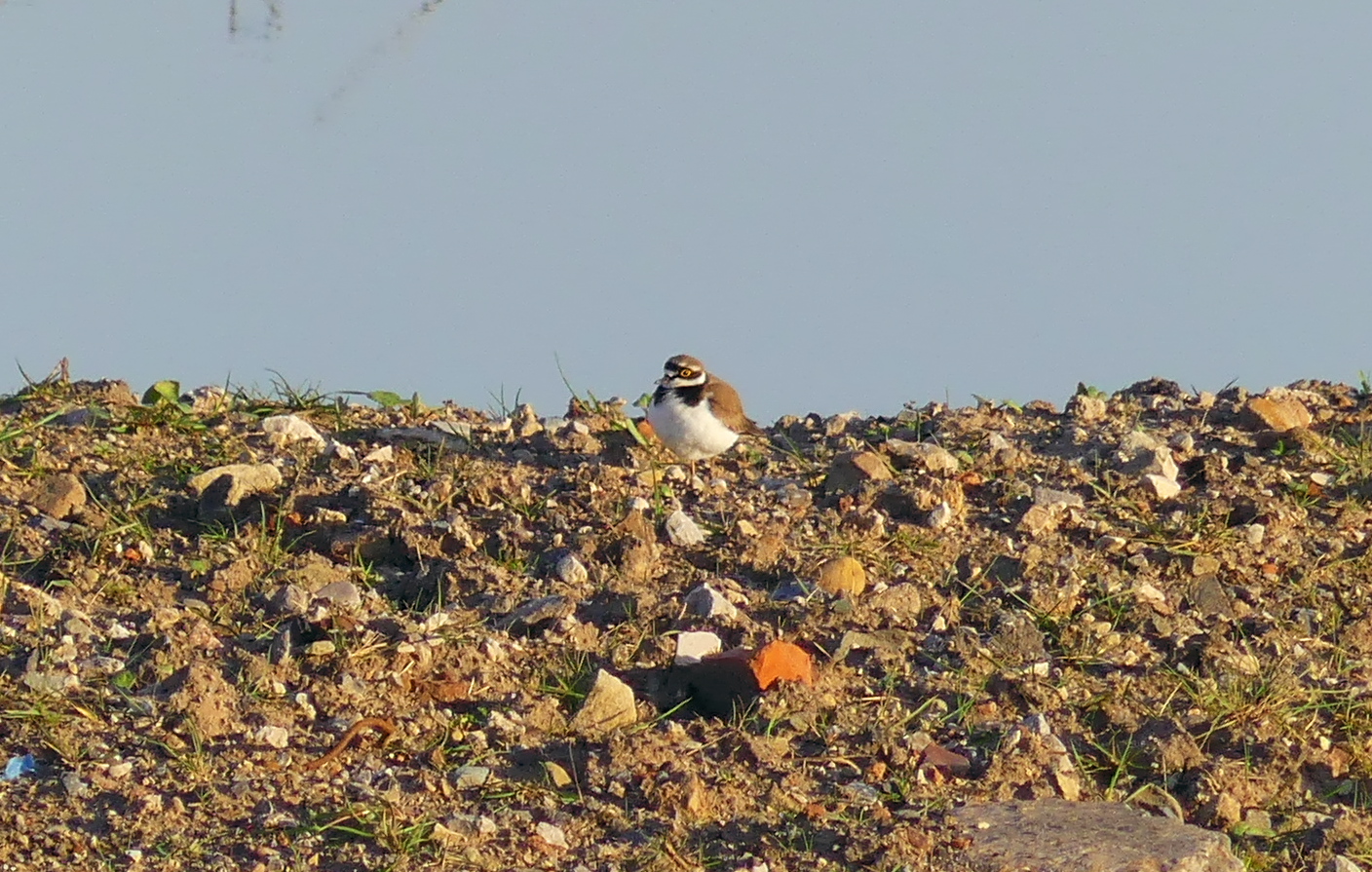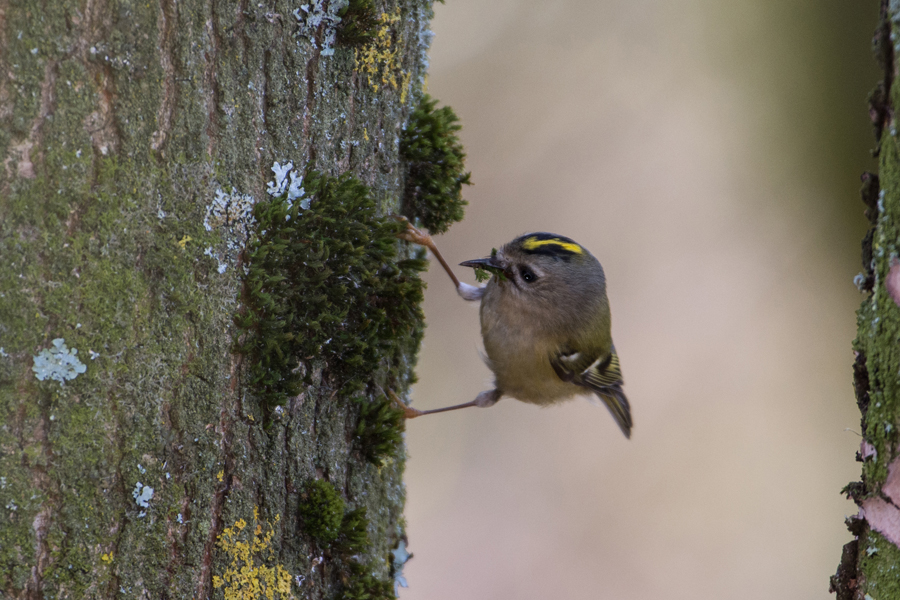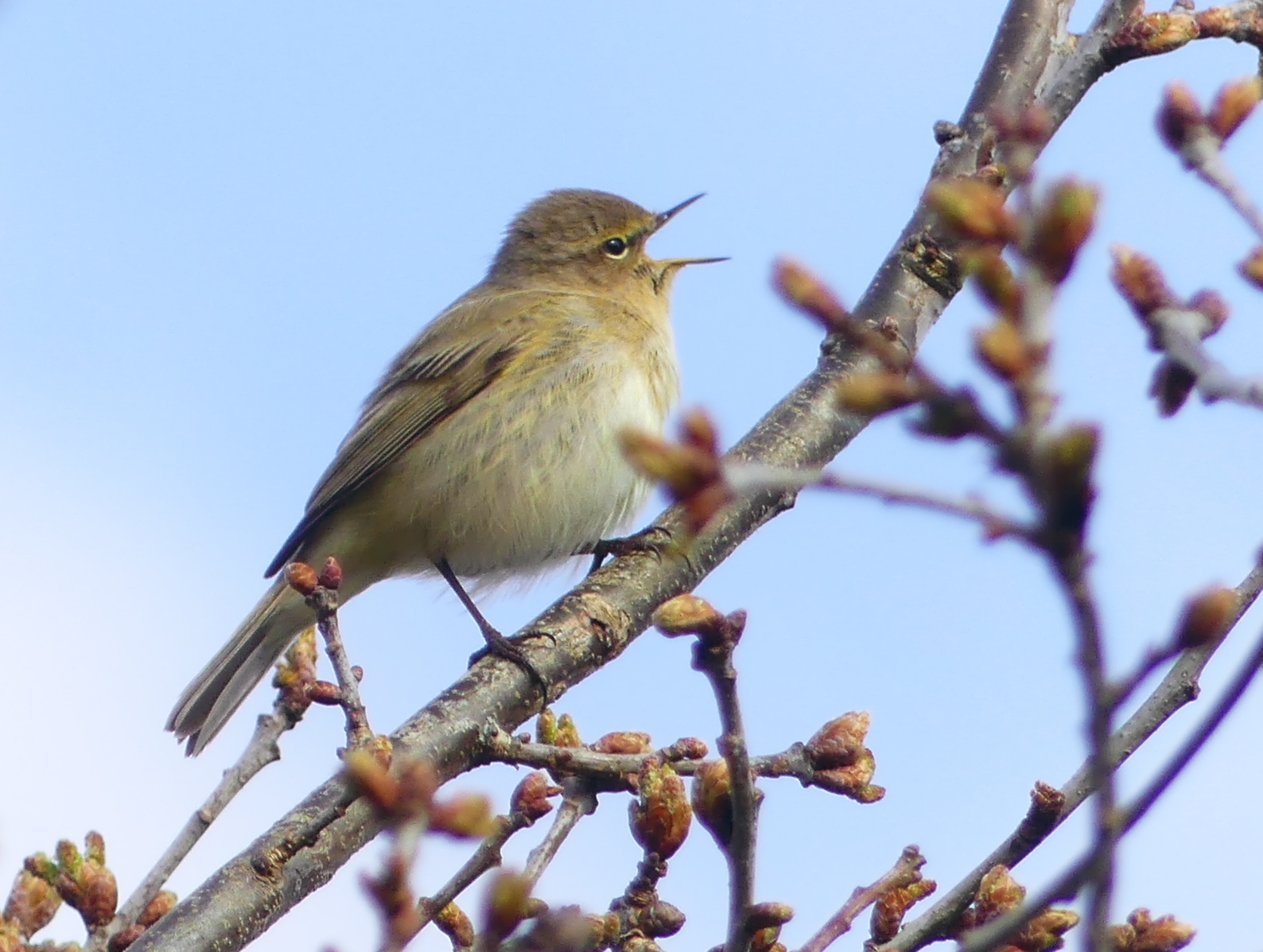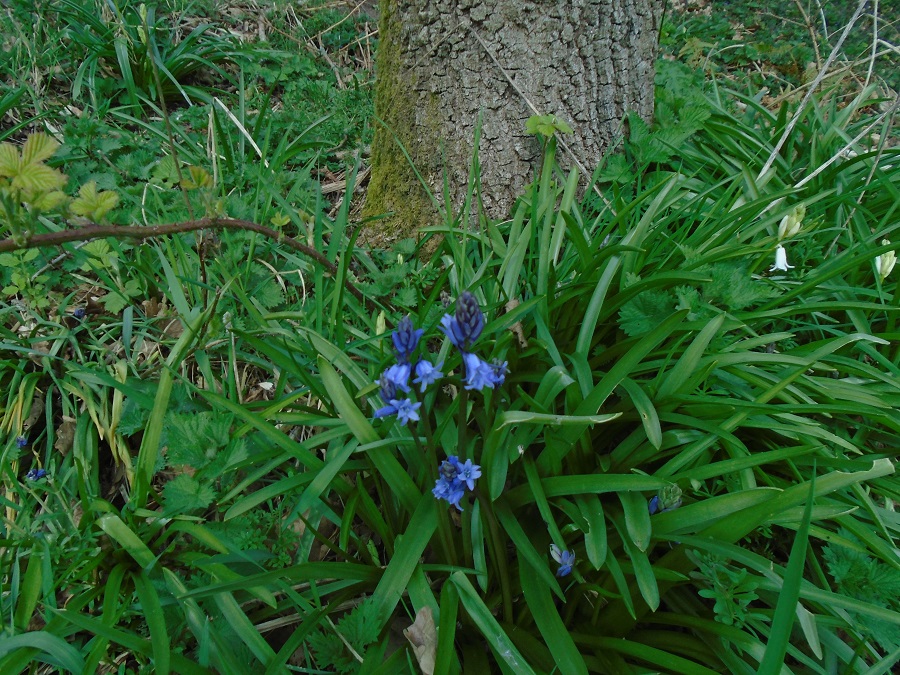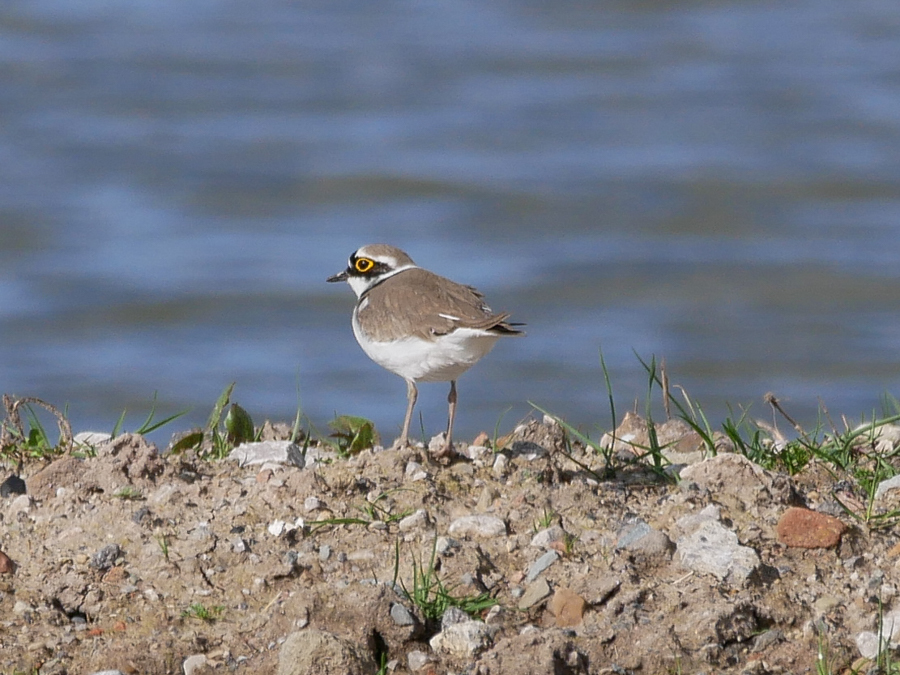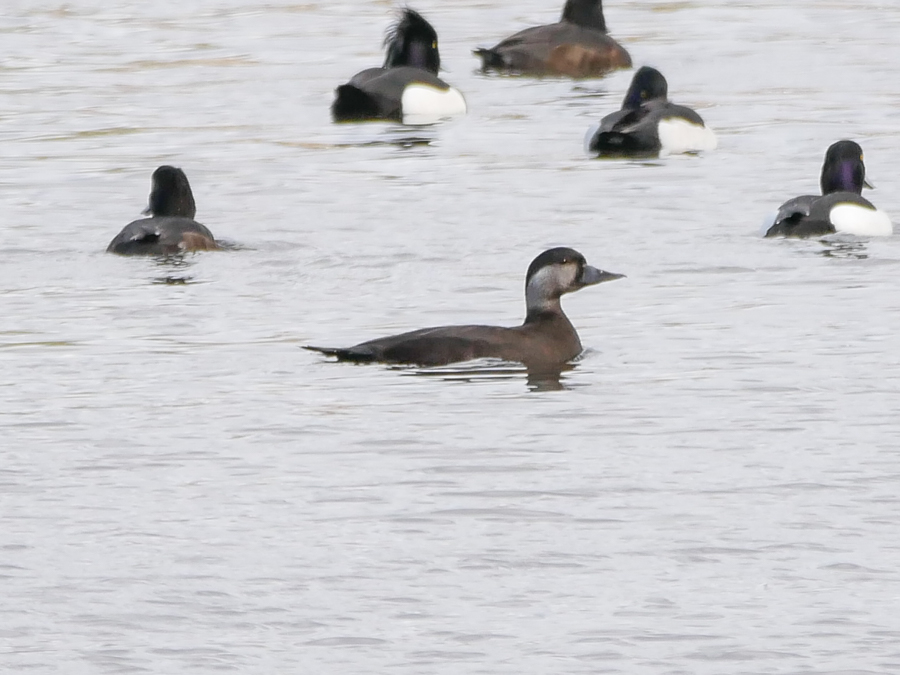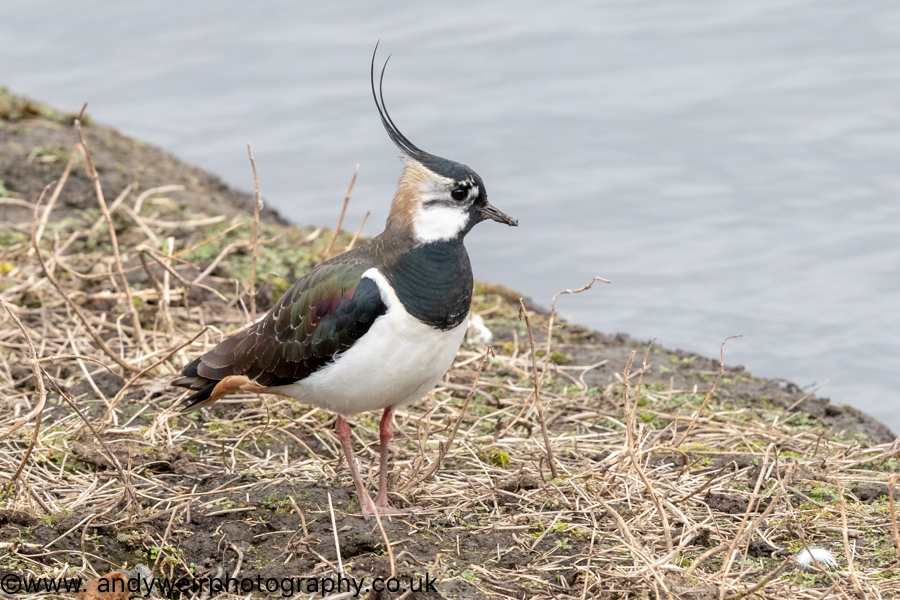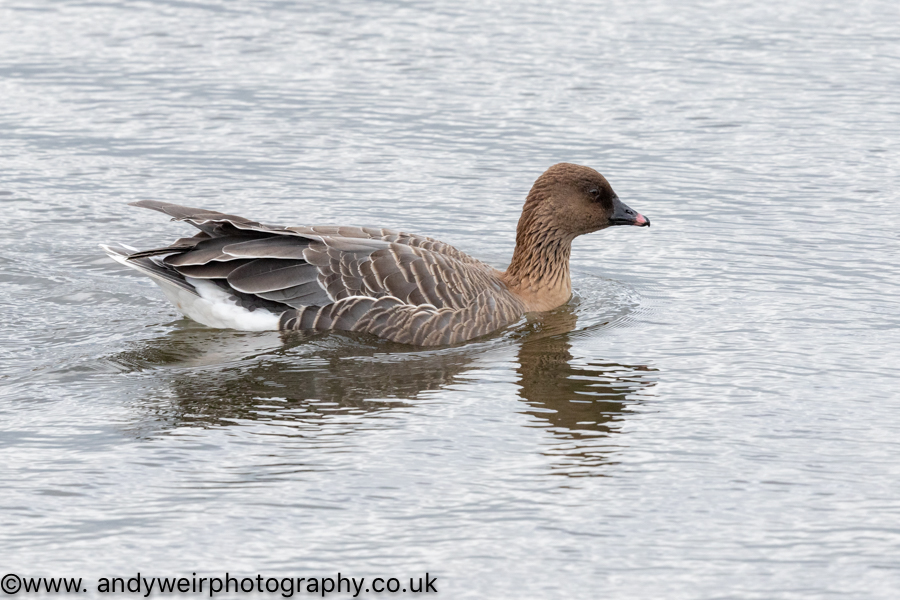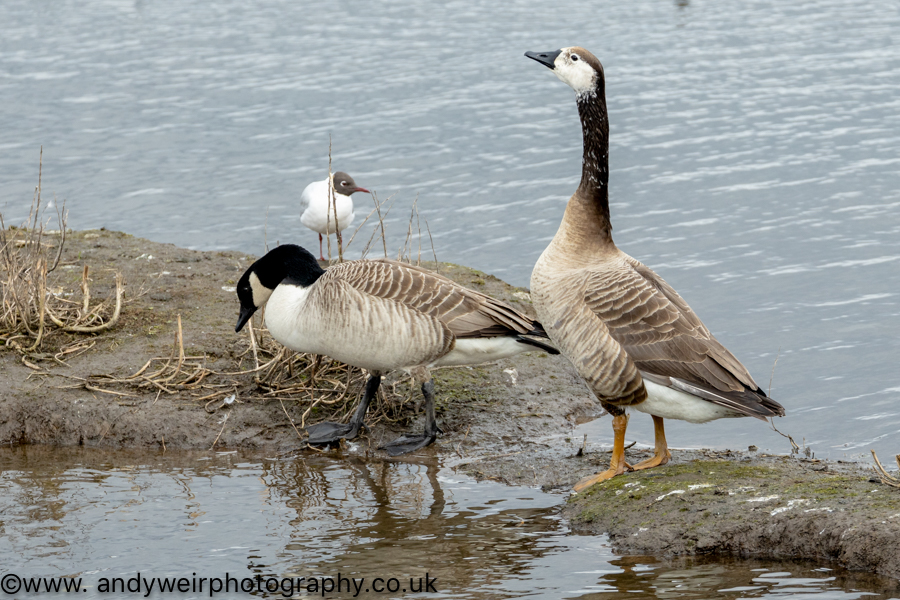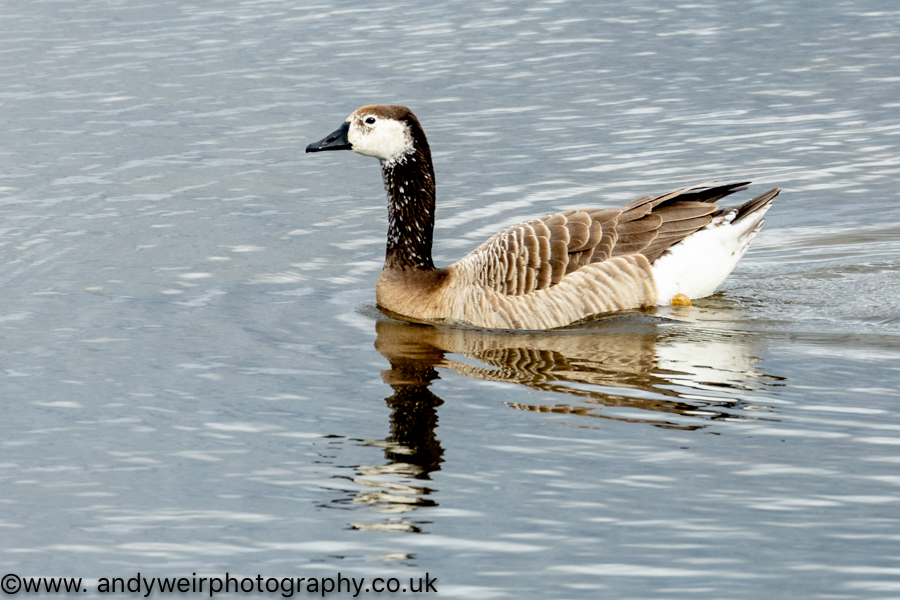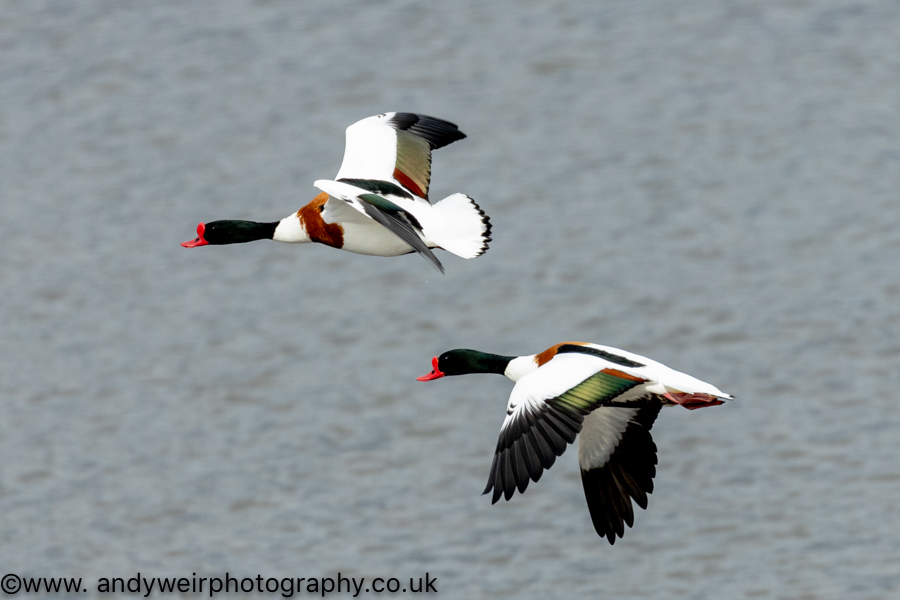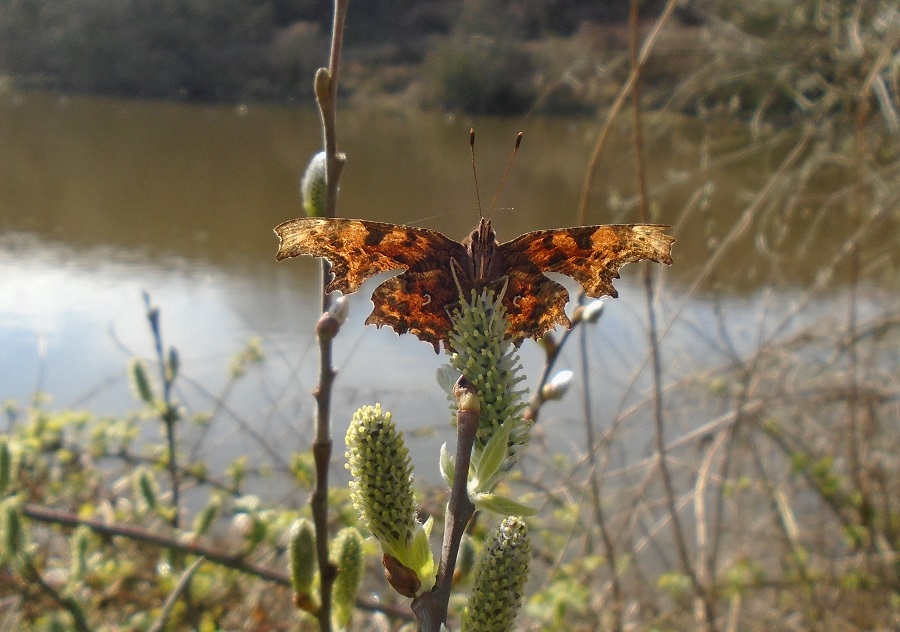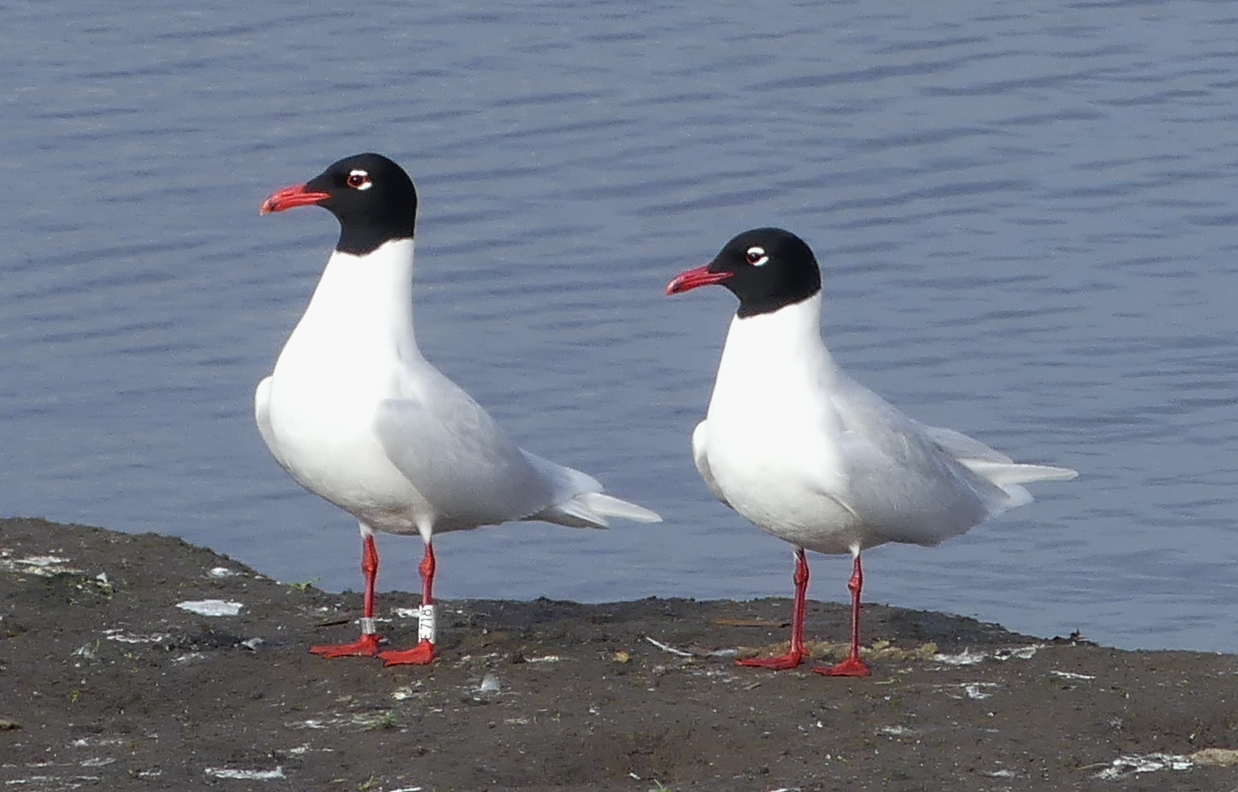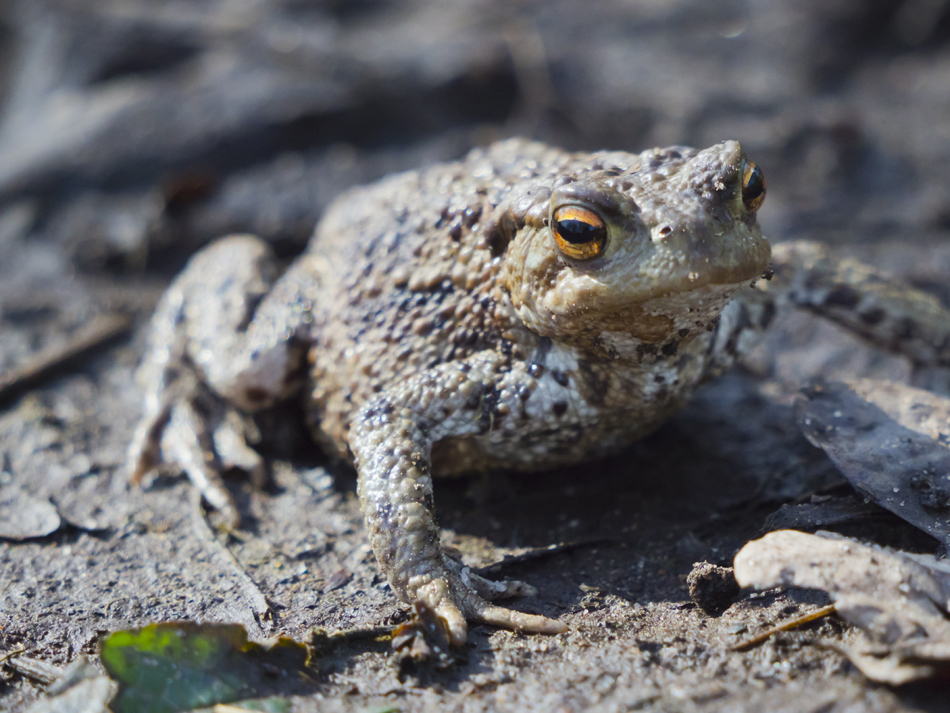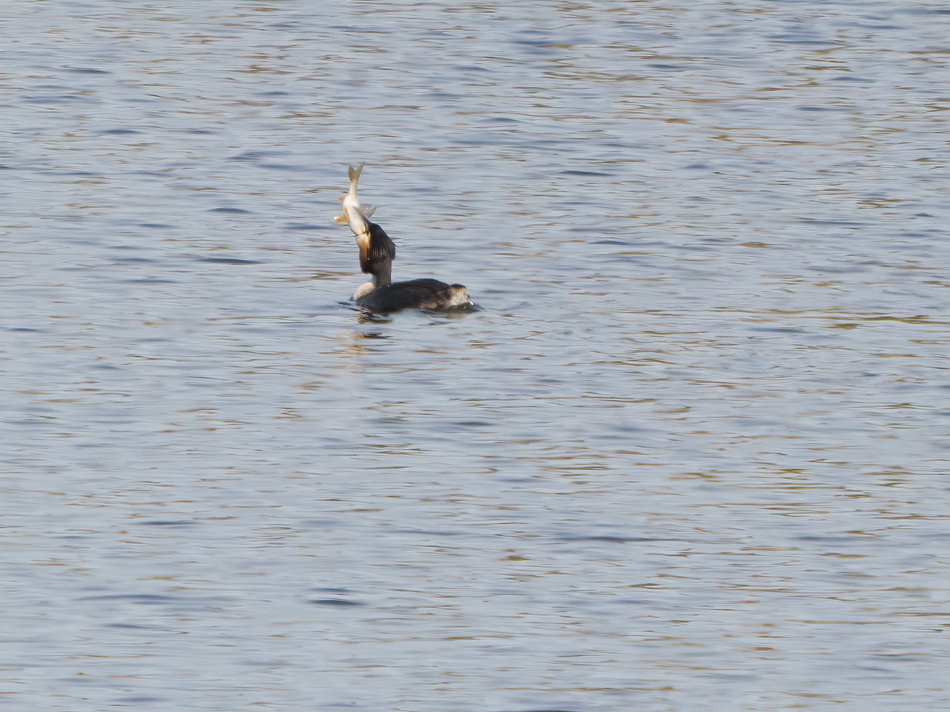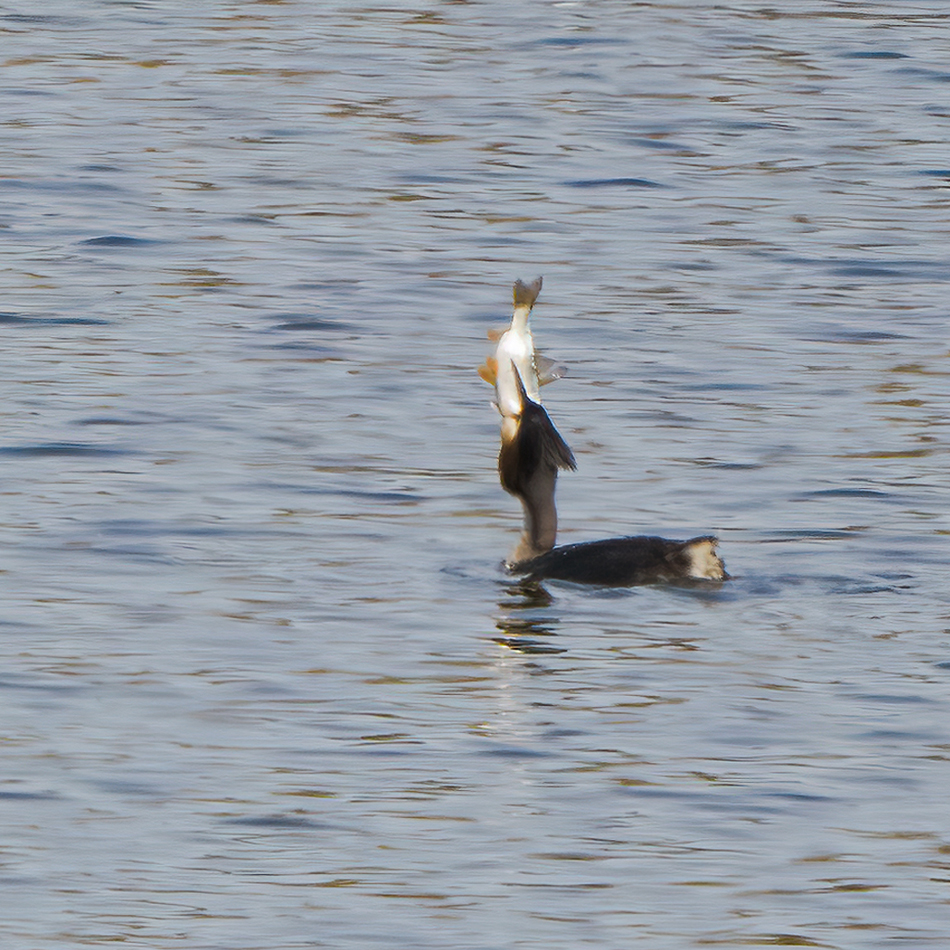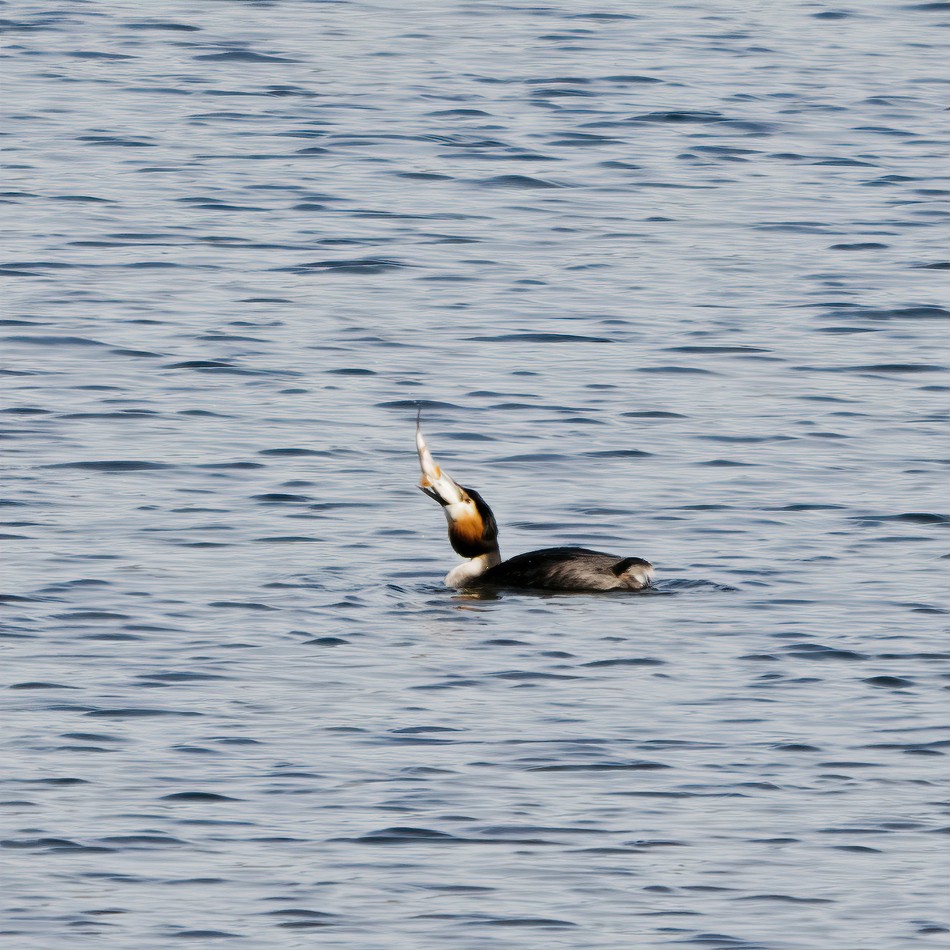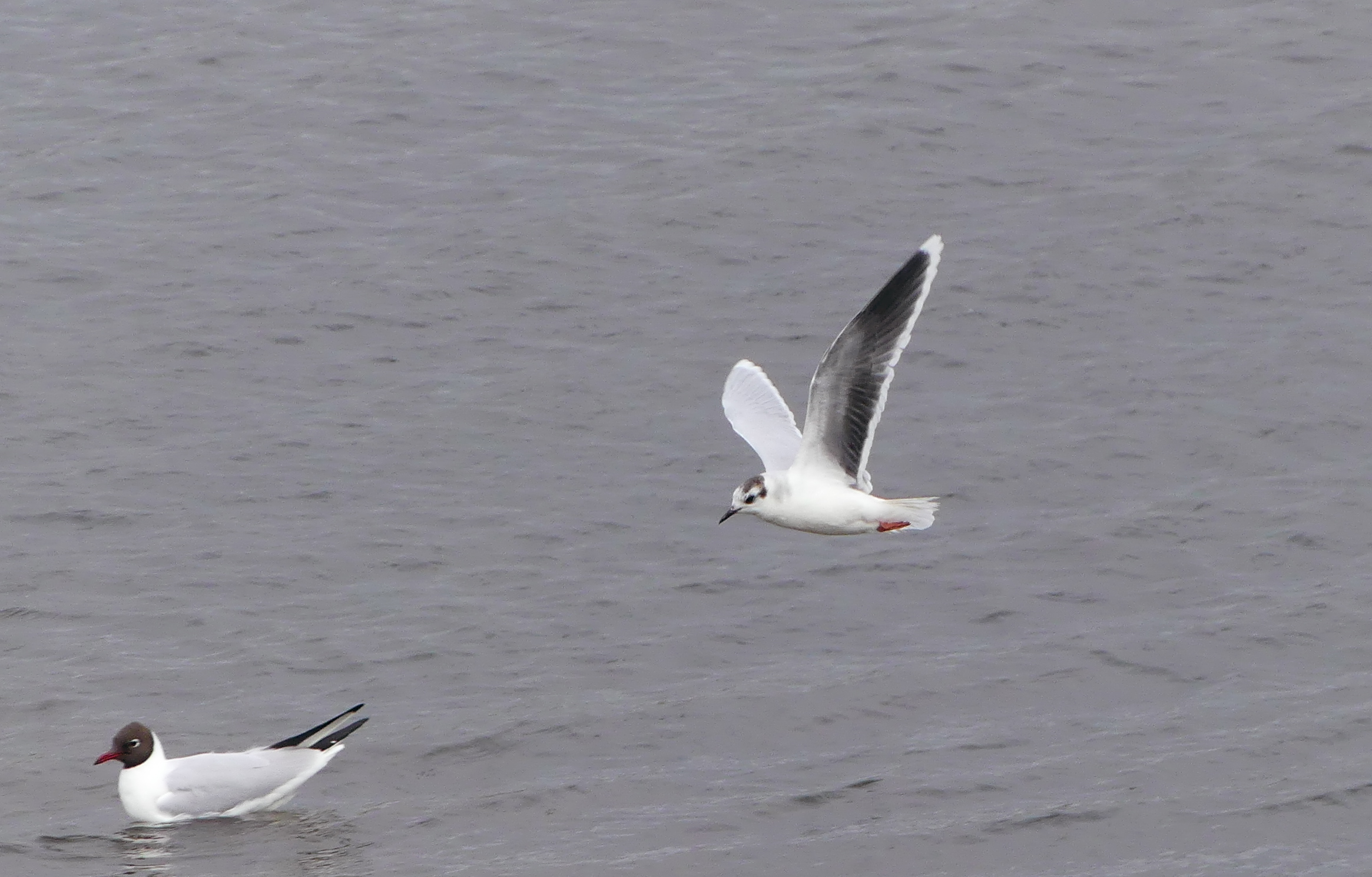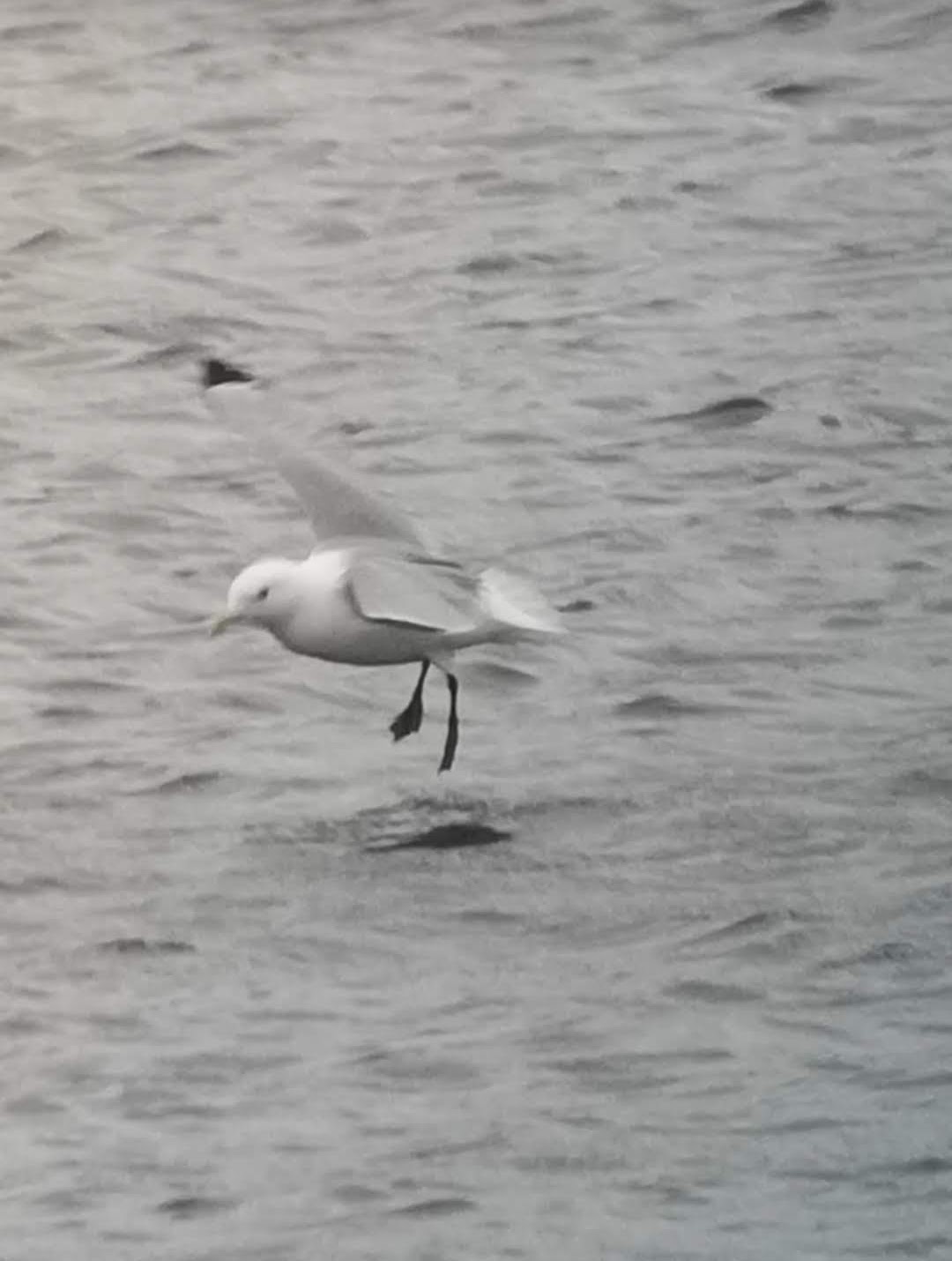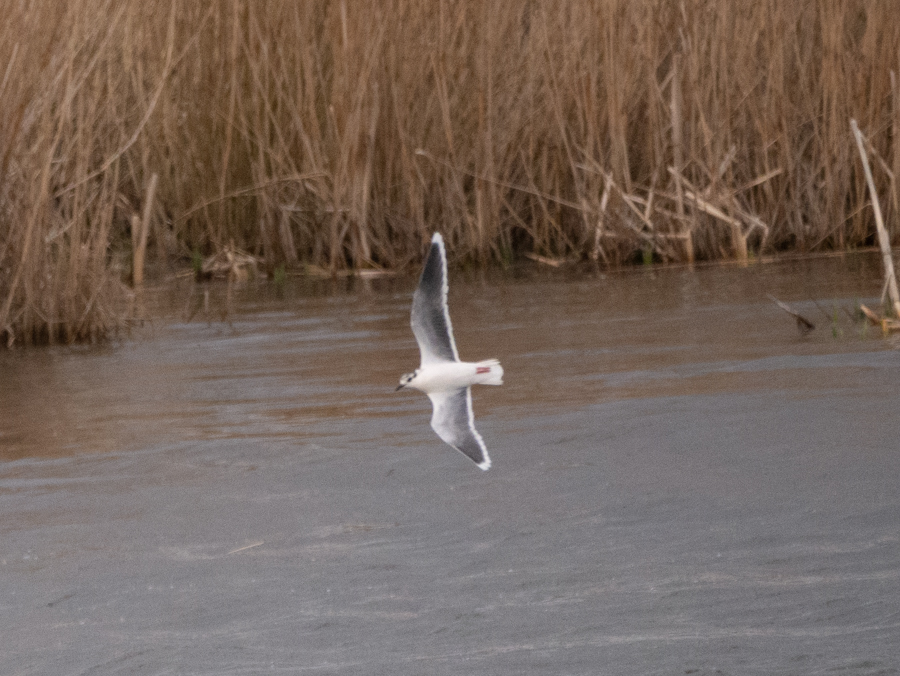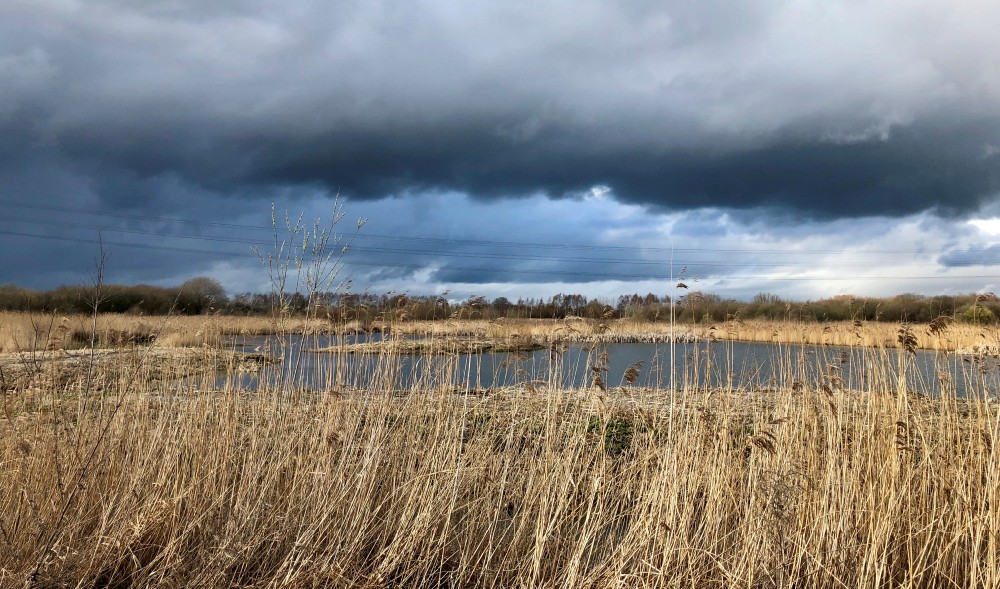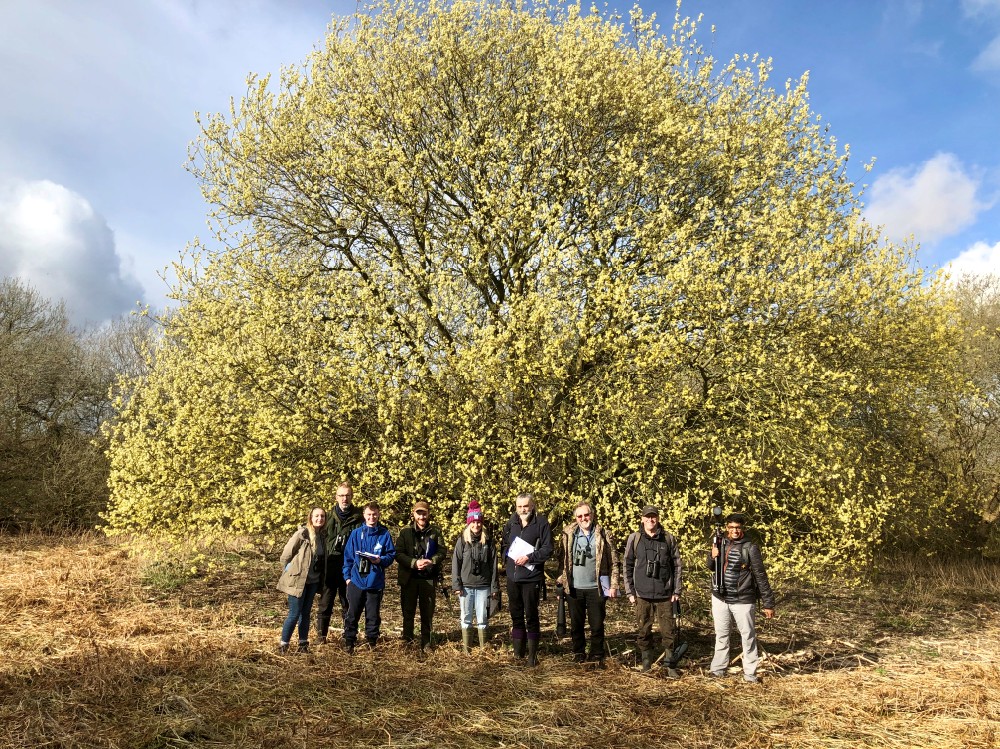Woolston Eyes Monthly Sightings
2019-03-31
A minimum of 14 Black necked Grebes on No.3 bed,5 on North-west Pool,2 in front of Linley Hide,4 from Morgan hide and 3 from Tower hide.
Submitted by: Brian Martin
2019-03-30
30th March 2019 13 B.N.Grebe, 75 Sand Martin, 3 Blackcap, 12 Chiffchaff, 6 Cetti’s, 11 G.C.Grebe (5 of which on canal), 6 Little Grebe, 20 Brambling, 13 Bullfinch, 4 Reed Bunting, 11 Pochard, 18 Shoveler, 25 Gadwall, 1 Sparrowhawk, and 2 Buzzard. Les.
Submitted by: Lesj
2019-03-29
A walk around No.3 bed early this morning produced 3 singing Blackcap, 5 Cetti’s Warbler and 3 Sand Martins which were joined by a Swallow late morning. With the nice weather I decided to stay late tonight and went onto No.1 bed, 2 Little Ringed Plover, a Raven and 4 Skylark were the highlights.
Submitted by: Daniel Gornall
2019-03-28
Total of 13 Black necked Grebes,a clear influx overnight. Also 19 Little Grebes,16 on No.3 and 3 on the Loop of no.4 bed. 5 Lapwings-2 on the spits on No.3 and 3 on the Loop islands which have recently been cleared and look ideal for breeding. A singing Cetti’s Warbler singing on Loop and a noisy Oystercatcher. 14 adult Lesser Black backed Gulls on Loop were less welcome. On a warm,sunny day many butterflies were on the wing including 2 male Orange Tips on No.4 bed
Submitted by: Brian Martin
2019-03-28
The Black-necked Grebe total was up to 13 this morning. Other sightings on No.3 bed included a singing Blackcap and Nuthatch. The reserve is now alive with the sound of singing Chiffchaff, after a big arrival over the last week or so.
Submitted by: Daniel Gornall
2019-03-27
I started the day by carrying out the first Common Bird Survey of the year on the northern half of No.4 bed. The counts for most species were similar to the corresponding survey in 2018 but this year’s total of 20 Chiffchaff was a big increase on the 2018 total of 8. Many migrants have arrived early this year as a result of favourable weather conditions. A single Blackcap was found together with a pair of Lesser Redpoll. Elsewhere on the reserve were 2 Great Black-backed Gulls at the locks, both Peregrines on the viaduct and 2 Snipe in the trial excavations on No.4 bed. An Oystercatcher was on fields to the east of the Loop whilst hirundines on No.3 bed included about 6 Sand Martins and a single Swallow. Six Brambling were under the feeders. Reserve -wide totals included 60 Chiffchaff and 50 Robins. Wildfowl counts included 196 Tufted Duck, 57 Gadwall and 86 Canada Geese. Photo; Early Bluebells on No.3 bed
Submitted by: Dave Hackett
2019-03-26
Recent sightings have included a Kittiwake and a female Common Scoter. The scoter was on the River Mersey above the weir guard. Both were on the 24th; apologies I do not know the finders names. Also on the 24th the first Little Ringed Plovers of the year were seen. Today there were 7 Black-necked Grebes and 2 adult Mediterranean Gulls
Submitted by: David Spencer
2019-03-24
WeBS Count on 23rd March covering most of the Eyes.
Little Grebe 10, Great crested Grebe 8, Black necked Grebe 5, Cormorant 11, Mute Swan 22, Grey Heron 2, Shelduck 7, Greylag Goose 10, Canada Goose 72, Pink footed Goose 1, Gadwall 73, Teal 25, Mallard 37, Shoveler 18, Pochard 22, Tufted Duck 226, Water Rail 1, Moorhen 21, Coot 46, Lapwing 3, Black headed Gull 600, Common Gull 1, Mediterranean Gull 4, Lesser Black backed Gull 4, Great Black backed Gull 2. The Med Gulls were 2 pairs of adults.
Submitted by: Brian Martin
2019-03-22
Pink-footed Goose (Anser brachyrhynchus) from The John Morgan Hide
Submitted by: Andy Weir
2019-03-22
Pink-footed Goose (Anser brachyrhynchus) on Vikki’s Island from The John Morgan Hide
Submitted by: Andy Weir
2019-03-20
A surprisingly warm day with the temperature reaching 19 degrees by midday. Spring migrants have already arrived and the 3 Black-necked Grebes were still on No.3 bed together with the Little Gull which has been present for nearly a week. Good numbers of butterflies were on the wing - 12 Peacock, 7 Small Tortoiseshell, 3 Comma and 3 Brimstone were all well above average for mid-March. Other counts of interest were 18 singing Chiffchaff, 4 Cetti’s Warbler at the eastern end of the reserve, 239 Tufted Duck and 59 Canada Geese. A Raven flew north over No.1 bed. An interesting report from a member of the public was of a singing Skylark over the fields to the north of No.1 bed. Photo; Comma by the river
Submitted by: Dave Hackett
2019-03-20
Yesterdays pair of Mediterranean Gulls were still present today, one of which is wearing a white darvic ring (code E718). It was ringed as chick in the Netherlands in 2012. Subsequently being seen in a number of other places, just showing how much these birds can move around, details below:
20/08/2012 Damp, Rendsburg-Eckernförde, Schleswig-Holstein, GERMANY 24/08/2012 Damp, Rendsburg-Eckernförde, Schleswig-Holstein, GERMANY 15/02/2014 Bray harbour, Wicklow, IRELAND 06/03/2014 Booterstown Sandymount Strand, Sandymount, Dublin, IRELAND 21/01/2016 Bray harbour, Wicklow, IRELAND 19/04/2016 Woolston Eyes, Warrington, Cheshire, England 19/04/2016 Woolston Eyes, Warrington, Cheshire, England 02/04/2017 Cemlyn Lagoon, Isle of Anglesey, Wales 07/07/2017 Benllech, Isle of Anglesey, Wales 19/03/2019 Woolston Eyes, Warrington, Cheshire, England
Also today, still 3 Black-necked Grebes and the adult Little Gull.
Submitted by: Daniel Gornall
2019-03-19
The first 3 Black-necked Grebes arrived overnight and were active throughout the day. Also present were 2 adult Mediterranean Gulls, 1 Little Gull and 5 Sand Martins. Dan and I surveyed No.4 bed for Willow Tits and were encouraged to find 11 territories and observe 18 individuals.
Submitted by: David Spencer
2019-03-15
Yesterday’s Little Gull was still present this morning and had been joined by an adult Kittiwake. Also present this morning: 1 Raven and 1 Pink-footed Goose associating with the Greylags.
Submitted by: David Spencer
2019-03-14
The Little Gull was refound at lunchtime and was still present early evening at least. Also 4 Sand Martins late afternoon feeding low before heading north west.
Submitted by: David Spencer
2019-03-14
An adult winter Little Gull was sheltering in the north east corner this morning, in front of the Rotary Hide. It appeared to fly off high east late morning. Only earlier record on the Reserve is on 5/2/1990!
Submitted by: David Spencer
2019-03-04
Well, that was a busy afternoon, starting on No.3 bed, where a female Merlin was perched on the South Bank before dashing away towards the centre of the bed. Other reports from the day included: 3 Dunlin, 2 Oystercatchers, 1 Peregrine and 2 Ravens. Then David Spencer, Dan Gornall and I walked over to the Loop of No.4 bed to ponder over the logistics involved in re-shingling the three breeding islands. Three Lesser Redpolls were in the trees around the Loop, with Snipe, Gadwall, Teal and Shoveler also noted. Then briefly back to the Morgan Hide to meet Dave Steel before joining up with Brian Martin, George Dunbar and Daniel Owen for a trip on to No.1 bed, where, despite the passing squalls, we were treated to the spectacular sight of between 150,000 and 200,000 Starlings whirling overhead before eventually dropping in to roost. One Peregrine and at least three Sparrowhawks were actively hunting through the murmuration, while Redwings, Fieldfares and Reed Buntings were dropping in to roost, a single Snipe flushed and Water Rails were calling as the light faded. Cheers David Bowman
Submitted by: David Bowman
2019-03-02
A very pleasant morning on No.3 bed, where David Spencer, Steve Atkins and I were running a workshop on “Surveying Breeding Wildfowl” for the Carbon Landscape project. A great bunch of attendees made the event a pleasure to run and hopefully, people went away keen to extend our knowledge of the wildfowl breeding population in the area. Along the way, as ever, we picked up some good records, including: 7 singing Chiffchaffs, 3 singing Cetti’s Warblers, 9 Lesser Redpolls, 12 Bramblings, 450 Black-headed Gulls, 2 Sparrowhawks, 12 Common Buzzards, 1 Water Rail, 2 Great Black-backed Gulls and 2 Common Gulls. There were plenty of bees in flight, too, plus Peacock and Comma butterflies. Photo of the attendees at the workshop Cheers David Bowman
Submitted by: David Bowman

